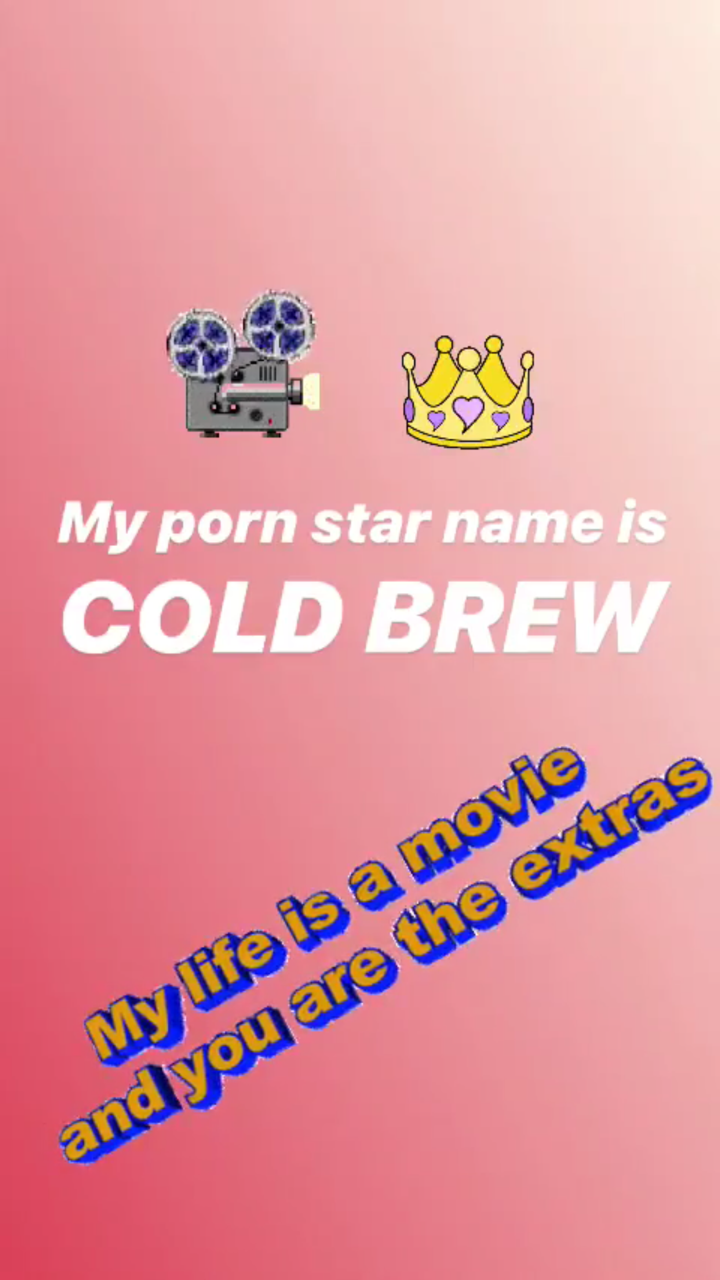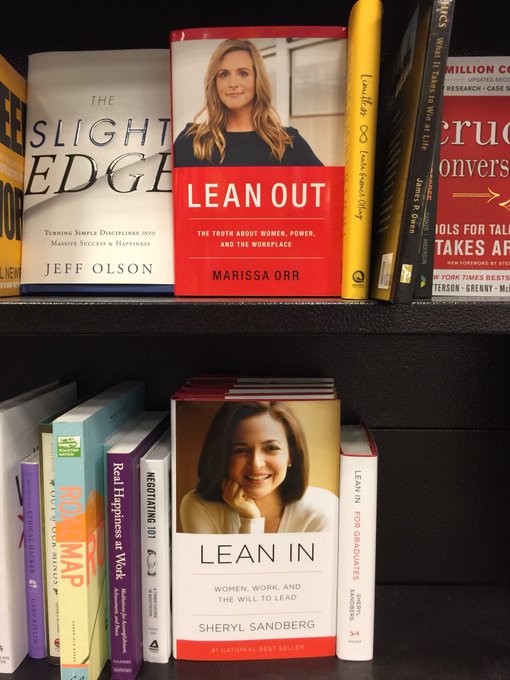Dear Susannah,
Thank you for sending us "Spikes” [sic]. We appreciate the chance to read it. Unfortunately, this one isn't a match for us. That said, it is strong, interesting piece and I both wish you luck with it and encourage you to submit again.
Thanks again.
Sincerely,
[redacted]
Hi Susannah,
Thanks so much for submitting to [redacted], we really appreciate your taking the time to send us your work. Unfortunately this piece isn't quite right for us, but I hope you'll consider sending us more work in the future, if you'd like to.
Take care,
[redacted]
Dear Susannah,
Thank you for your submission. We are honored that you considered our journal as a potential home for your writing. Unfortunately, it doesn’t quite fit for us. Best of luck placing this elsewhere. We hope you will continue to support our journal in the future.
Sincerely,
[redacted]
Dear Susannah Breslin
Thank you for sending Spike our way. This one didn’t quite feel like a match for us, so we’re going to pass this time, but we enjoyed the read. I do hope Tripp’s ok!
Best of luck with this
[redacted]
Dear Susannah,
Thank you for sharing "Spike" with me. I enjoyed reading your work. Unfortunately, it is not right for [redacted].
I'd be happy to read more of your writing in the future—even though "Spike" won't work for [redacted], it's still well done.
Best of luck with your writing,
[redacted]
Dear Susannah Breslin:
Thank you for submitting your text. Unfortunately we will not be able to publish your submission in the [redacted] issue of [redacted] at this time. Nevertheless we encourage you to submit texts for future issues of [redacted] and are grateful for your support.
Thank you again for your submission.
Yours,
[redacted]
Dear Susannah Breslin,
Thank you for sending us "Spike" and I apologize for the unconscionably long time spent in responding to a piece you so generously sent our way. Unfortunately it is not a fit for us at this time, but we appreciate you sending it our way.
Thanks again for sharing your work. Best of luck with this.
Sincerely,
[redacted]
Dear Susannah Breslin,
Thank you for sending us your flash fiction story, "Spike". We appreciate the chance to consider it. Unfortunately, we're overwhelmed with submissions at the moment, and we've held onto this one longer than we should have, so we're regretfully declining it to give you a chance to try it elsewhere.
Apologies for the length of time we've held onto this story — this is our loss for not getting to your story more quickly. Best of luck placing your story elsewhere.
Sincerely,
[redacted]
Dear Susannah,
Thank you for sending us "Spike." While we appreciate the chance to read your story, I'm afraid it isn't a good fit for [redacted] this time. Thanks again for trusting us with your work. As writers ourselves, we know it's no small thing.
Sincerely,
[redacted]
Dear Susannah,
Thank you so much for sending "Spike" and letting me read it. Unfortunately, it's not quite right for us, but I would be glad to see more work from you in the future. In the meantime, best of luck in placing "Spike" elsewhere.
Sincerely,
[redacted]
Dear Susannah Breslin,
Thank you for sending us "Spike" for consideration in [redacted]. While we enjoyed reading your work, I’m sorry to say it isn’t a good fit for us at this time. It is clear you are a talented writer, and your story stood out from the group. However, we receive so many submissions that, in the end, we have to reject a lot of excellent pieces.
As writers ourselves, our editors know that the process of sending out work can be a long one. We are grateful that you chose to share your writing with us; your piece was read with great admiration and care. We wish you the best of luck with it, and we hope that you will keep us in mind for future submissions. Please do consider sending us more.
Sincerely,
Editors,
[redacted]
Dear Susannah,
Thank you for your submission of "Spike" to [redacted]. We gave the story careful consideration, and though we are not accepting it for publication, we hope you find a better fit for it elsewhere.
Thanks again for trusting us with your work, and thank you for reading [redacted].
All the best,
Editors
[redacted]
Dear Susannah,
We appreciate the chance to consider "Spike" but regret we were unable to find a place for it in the magazine.
With thanks and best wishes,
[redacted]














